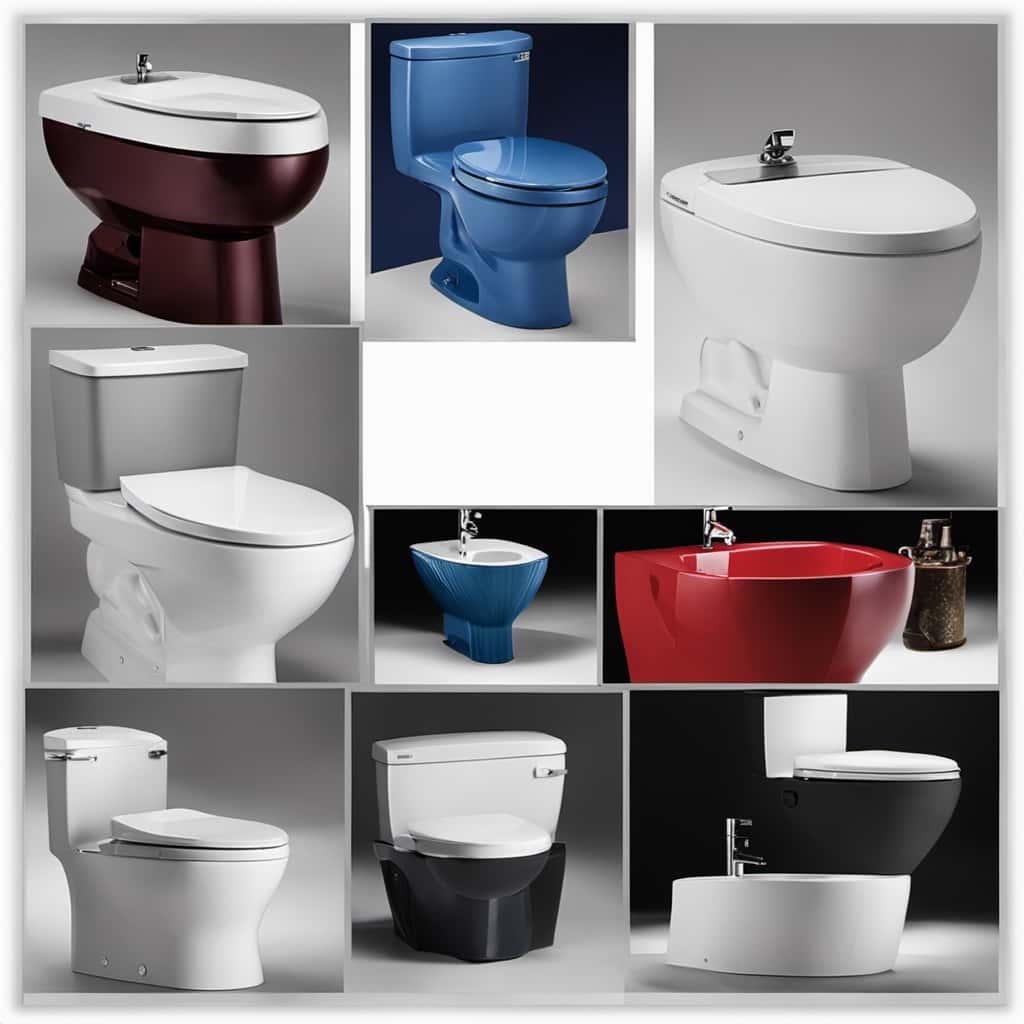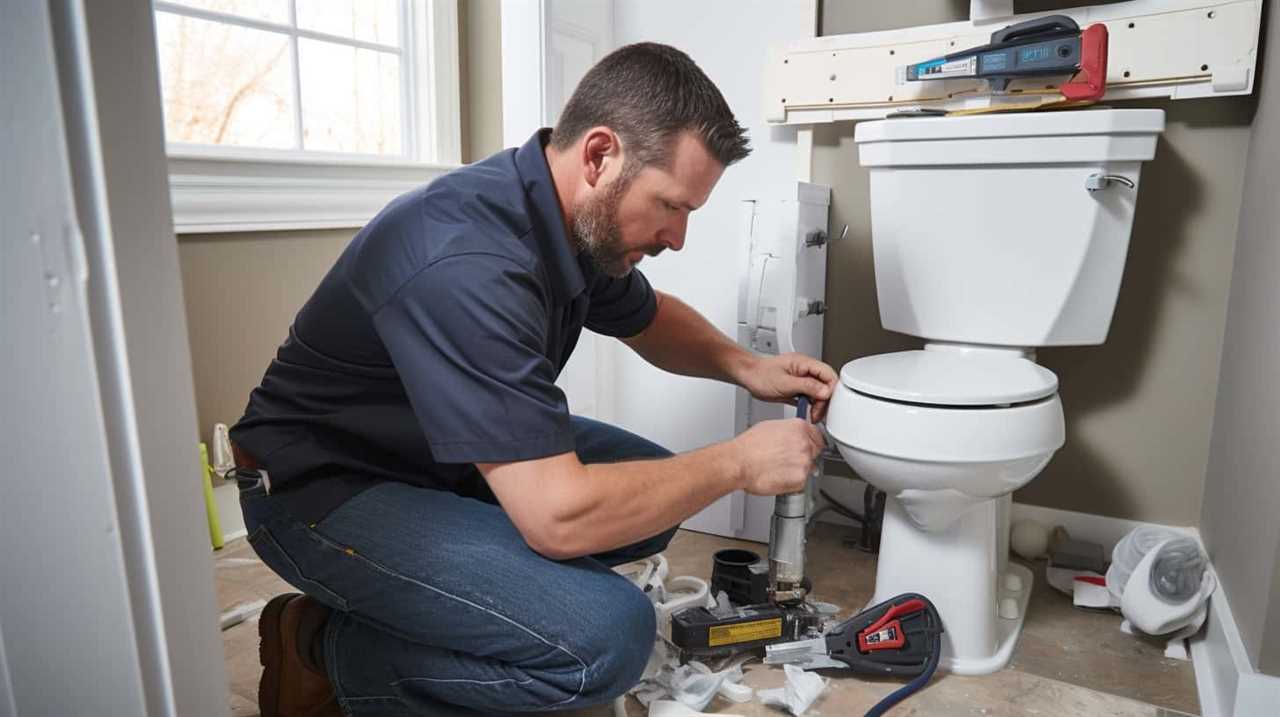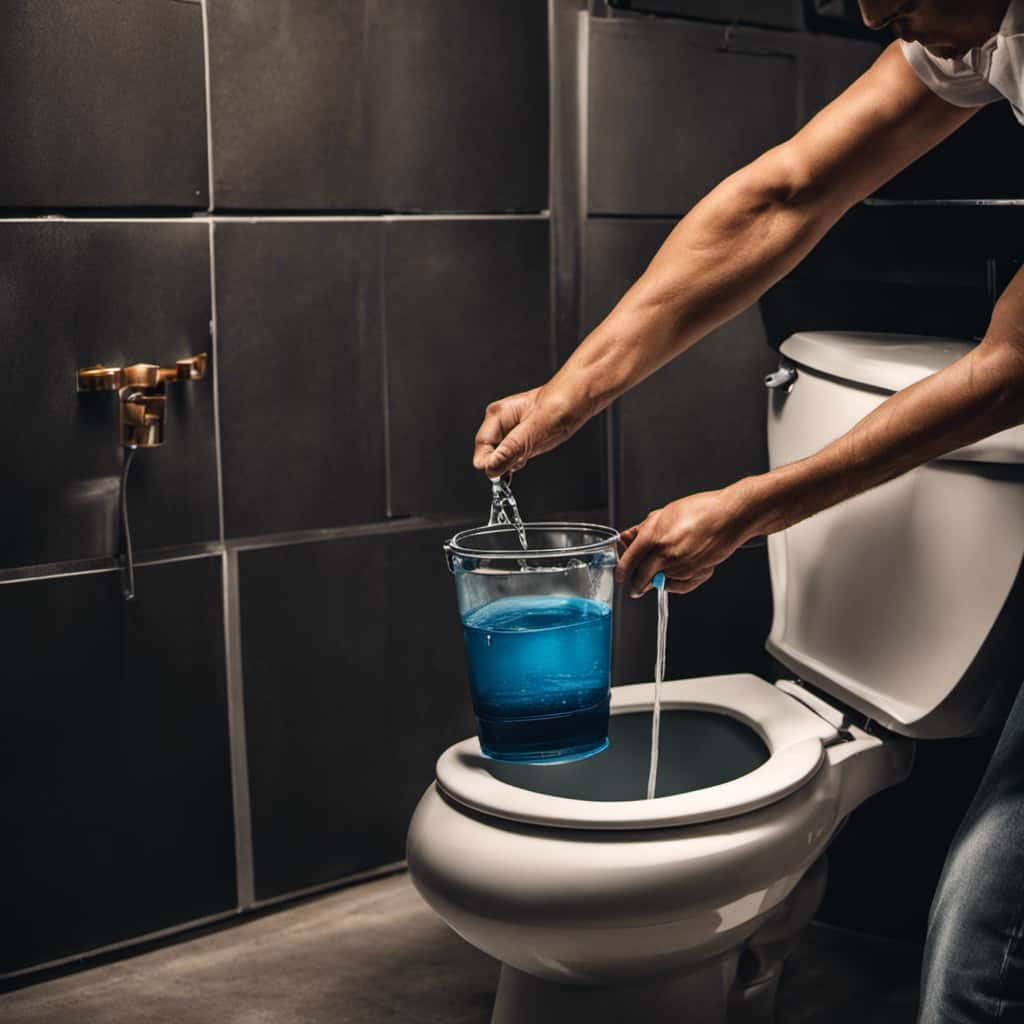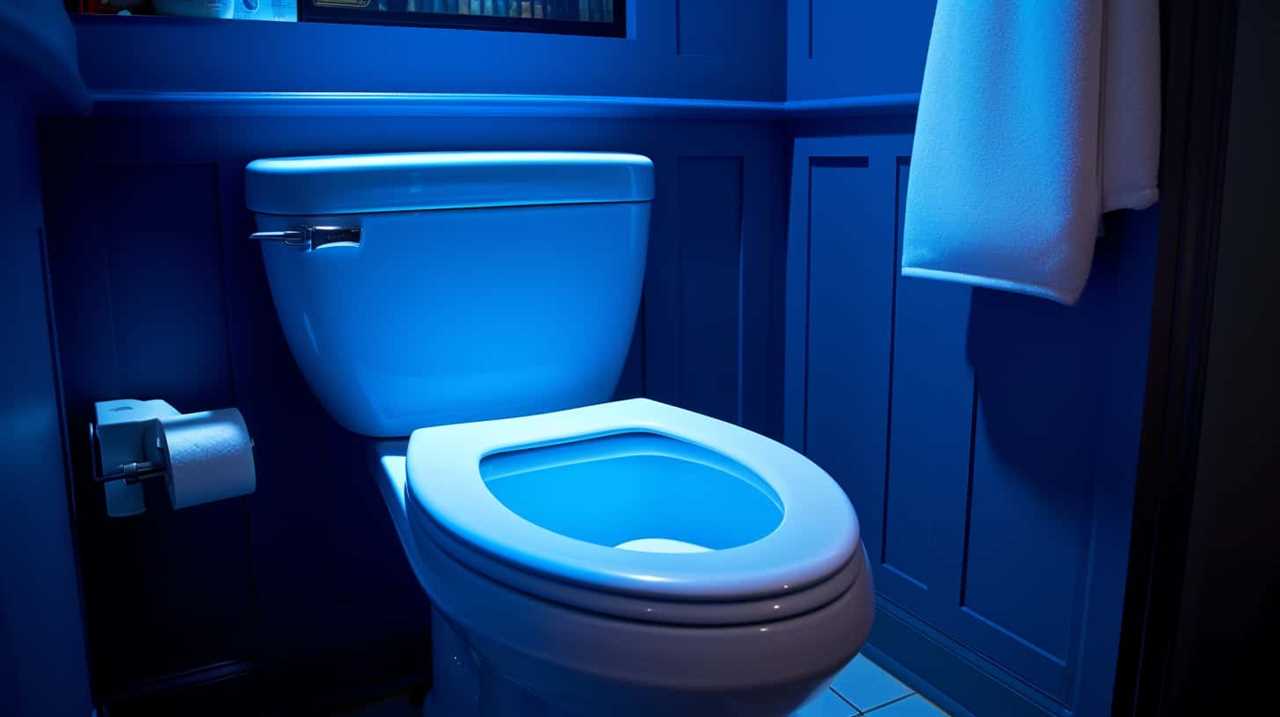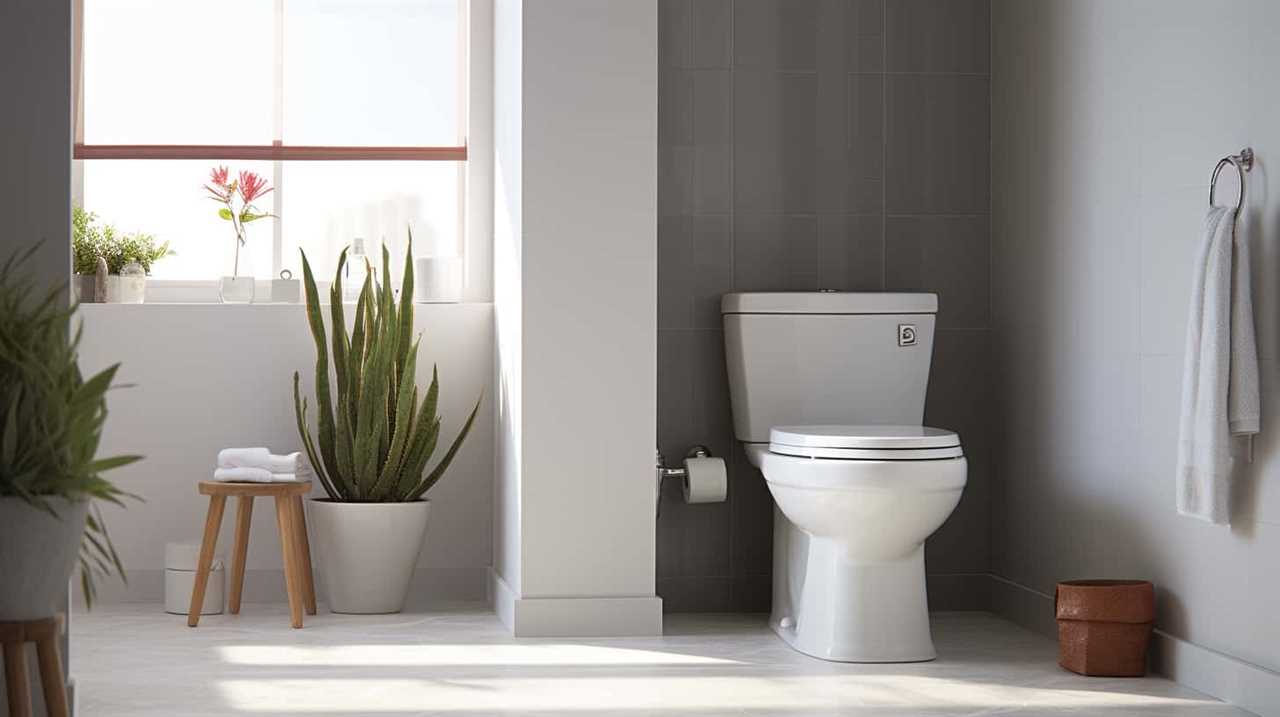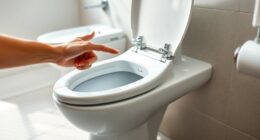Have you ever wondered what happens when we flush wipes down the toilet? It may seem harmless, but the truth is, it can wreak havoc on our plumbing system. Just imagine a cluster of wipes tangled up in the pipes, causing clogs and blockages.
Not only that, but it can lead to sewer backup and overflow, resulting in costly repairs and maintenance. And let’s not forget about the environmental impact.
In this article, we will delve into the consequences of this seemingly innocent act and the importance of proper waste disposal.
Key Takeaways
- Flushing wipes can cause blockages and damage to the plumbing system, leading to costly repairs and inconvenience.
- Sewer backup and overflow can occur as a result of flushing wipes, causing property damage, contamination, and financial costs.
- Flushing wipes can have a detrimental environmental impact, contributing to water pollution, ecosystem disruption, and harm to aquatic life.
- The improper disposal of wipes poses wastewater treatment challenges, financial burdens, and public health risks, including the spread of waterborne diseases and contamination of drinking water sources.
Damage to Plumbing System
Flushing wipes down the toilet can cause significant damage to our plumbing system. When wipes are flushed, they can accumulate and form blockages in the pipes. These blockages can restrict the flow of water, leading to plumbing issues such as slow drains or backups.
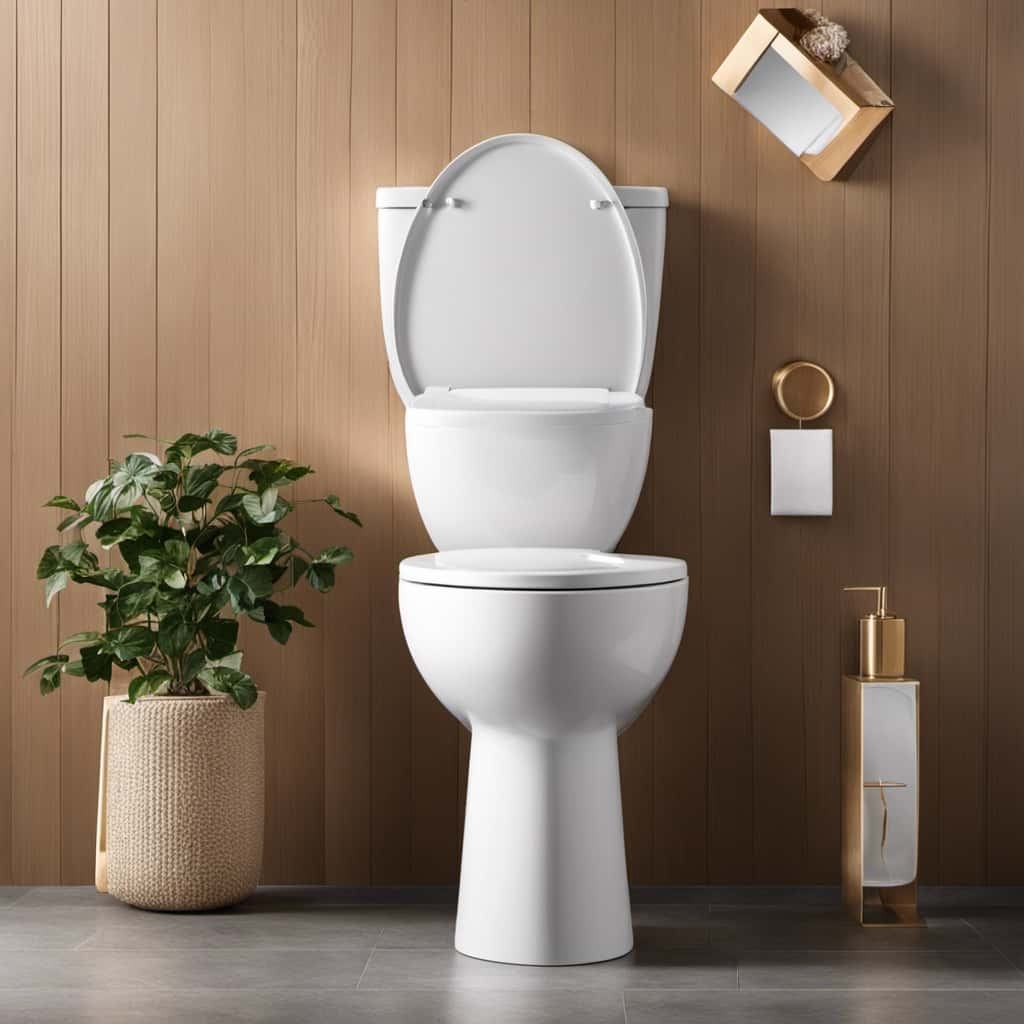
Furthermore, wipes aren’t designed to break down in water like toilet paper does. This means they can get caught on rough edges or other debris in the pipes, causing pipe damage over time. The accumulation of wipes can also create a breeding ground for bacteria and other microorganisms, increasing the risk of contamination.
It’s important to remember that the plumbing system is designed to handle only human waste and toilet paper. Flushing wipes can result in costly repairs and inconvenience.
Now, let’s move on to the next section and discuss the specific problems caused by clogs and blockages.
Clogs and Blockages
When wipes are flushed down the toilet, they can lead to clogs and blockages in the plumbing system. This happens because wipes don’t break down as easily as toilet paper, causing them to accumulate and create obstructions in the pipes. These clogs can result in water backups, slow drainage, and even sewage overflows.
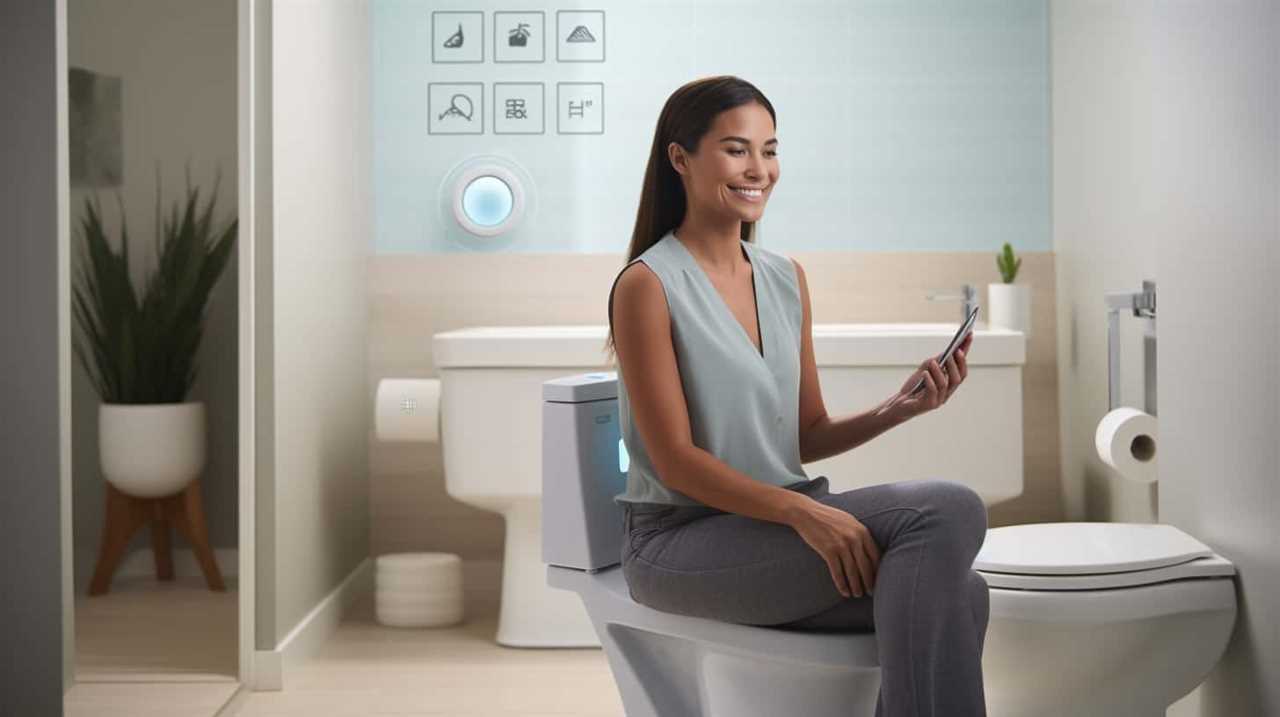
Clogs can cause unpleasant odors and unsanitary conditions in your home, potentially posing health hazards. Blockages can lead to costly repairs and the need for professional plumbing services. Clearing clogs caused by wipes can be a time-consuming and frustrating process.
To avoid these issues, it’s crucial to dispose of wipes properly. Instead of flushing them, consider using alternative disposal methods such as throwing them in the trash. This small change can prevent potential health hazards and keep your plumbing system functioning smoothly.
Sewer Backup and Overflow
We often encounter sewer backup and overflow issues when wipes are flushed down the toilet. This can lead to serious consequences such as sewer contamination and public health risks. When wipes accumulate in the sewer system, they can cause blockages and clogs, which can result in a backup of sewage and wastewater. This backup can overflow into streets, homes, and businesses, causing significant damage and posing health hazards. The table below outlines some of the potential consequences of sewer backup and overflow:
| Consequence | Description |
|---|---|
| Property damage | Sewage overflow can damage structures and goods |
| Contaminated water supply | Sewage can contaminate drinking water sources |
| Spread of diseases | Bacteria and pathogens can be present in sewage |
| Financial costs | Cleanup and repair expenses can be significant |
| Disruption of services | Sewer backups can impact public utilities |
It is crucial to prevent sewer backup and overflow by not flushing wipes down the toilet. Proper disposal of wipes in the trash can help maintain public health and prevent costly and damaging incidents.

Costly Repairs and Maintenance
To address the consequences mentioned earlier, costly repairs and maintenance are often required due to the damage caused by sewer backup and overflow. The impact of flushing wipes down the toilet goes beyond clogging the sewer system. Here are three reasons why costly repairs and maintenance become necessary:
- Increased water usage: When wipes clog the sewer system, it can cause water to back up and overflow, leading to excessive water usage. This not only wastes water but also adds to your utility bills.
- Potential health hazards: Sewer backup and overflow can create unsanitary conditions, exposing you to potential health hazards. The accumulation of wastewater and debris can lead to the growth of harmful bacteria, viruses, and other pathogens that pose a risk to human health.
- Pipe and infrastructure damage: Wipes don’t disintegrate like toilet paper, causing blockages in the pipelines and sewer systems. Over time, this can lead to pipe corrosion and structural damage, requiring costly repairs and replacements.
Environmental Impact
To fully understand the consequences of flushing wipes down the toilet, it’s essential to examine the environmental impact caused by this practice.
When wipes are flushed, they can contribute to water pollution and ecosystem disruption. Unlike toilet paper, which is designed to break down quickly in water, wipes are made from materials that don’t easily disintegrate. As a result, they can clog sewer lines and cause blockages in wastewater treatment plants.
This can lead to overflows, releasing untreated sewage into rivers, lakes, and oceans. The presence of wipes in water bodies can harm aquatic life by entangling and suffocating animals, disrupting their natural habitats, and introducing harmful chemicals into the ecosystem.
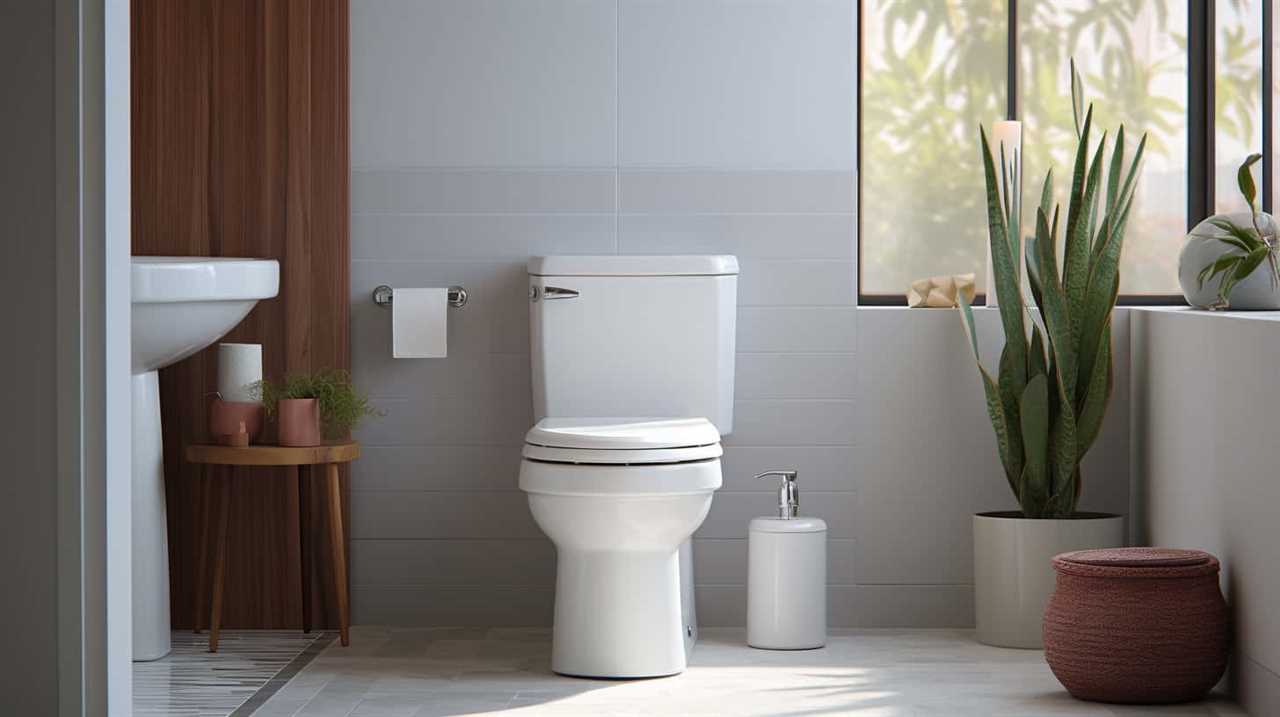
Therefore, it’s crucial to dispose of wipes properly in the trash to minimize their environmental impact.
Frequently Asked Questions
Are There Any Alternatives to Flushing Wipes Down the Toilet That Are More Environmentally Friendly?
There are eco-friendly alternatives to flushing wipes down the toilet that can help reduce the impact on water systems. These alternatives are more environmentally friendly and should be considered to protect our water resources.
Can Flushing Wipes Down the Toilet Cause Damage to the Septic Tank System?
Flushing wipes down the toilet can cause significant damage to the septic tank system and have a negative impact on the plumbing system. It is important to avoid this practice to maintain the integrity of the infrastructure.
How Can I Prevent Wipes From Clogging My Plumbing System?
To prevent clogs and maintain your plumbing system, we’ve learned it’s crucial to avoid flushing wipes down the toilet. Proper disposal in the trash ensures smooth drainage and avoids costly repairs.
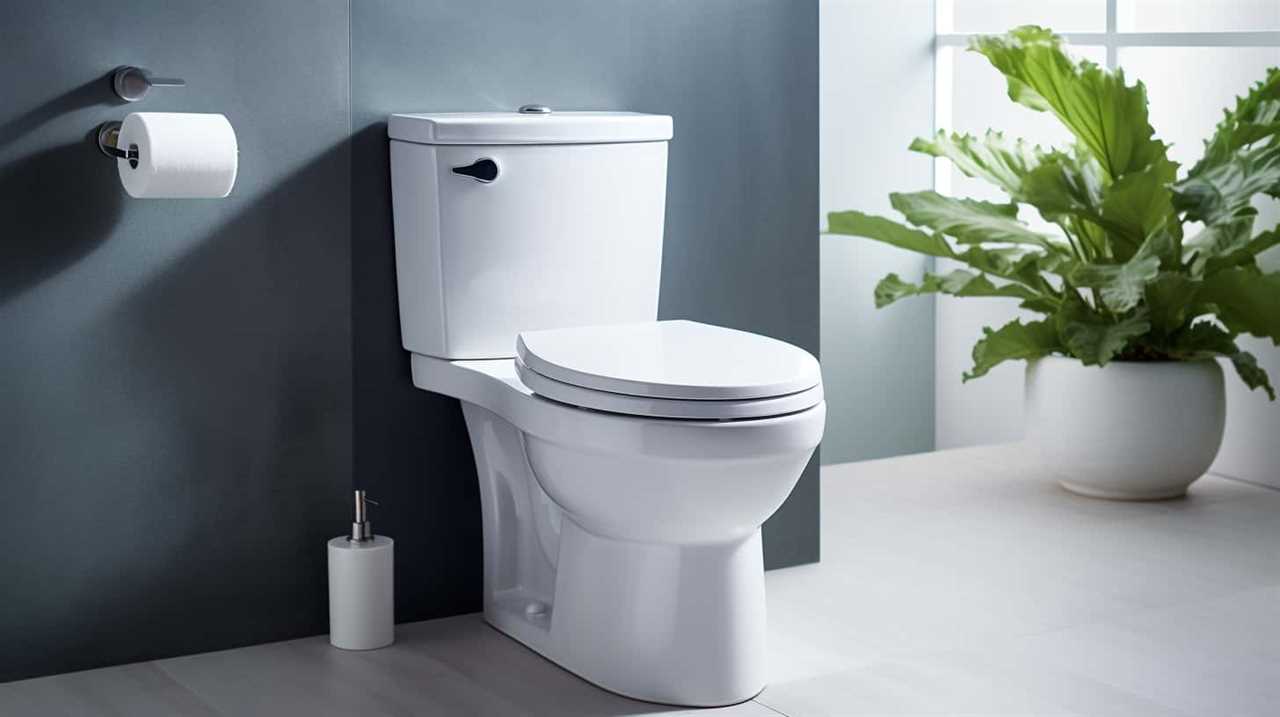
Are There Any Specific Types of Wipes That Are More Likely to Cause Blockages?
Specific wipe types can increase the likelihood of blockages in plumbing systems. Understanding which types are more prone to causing blockages can help prevent costly repairs and maintain the functionality of the system.
What Are the Potential Health Risks Associated With Flushing Wipes Down the Toilet?
Potential health risks associated with flushing wipes down the toilet include the spread of bacteria and viruses, which can lead to infections and illness. Additionally, the environmental impact is significant, as wipes can clog pipes and cause damage to sewage systems.
Conclusion
Flushing wipes down the toilet may seem convenient, but it can lead to costly consequences. The damage caused to the plumbing system, resulting in clogs, blockages, and even sewer backups, can be a nightmare to deal with. It’s like throwing a wrench into the gears of a well-oiled machine.
Not only will you be faced with expensive repairs and maintenance, but the environmental impact of these wipes can also be significant.
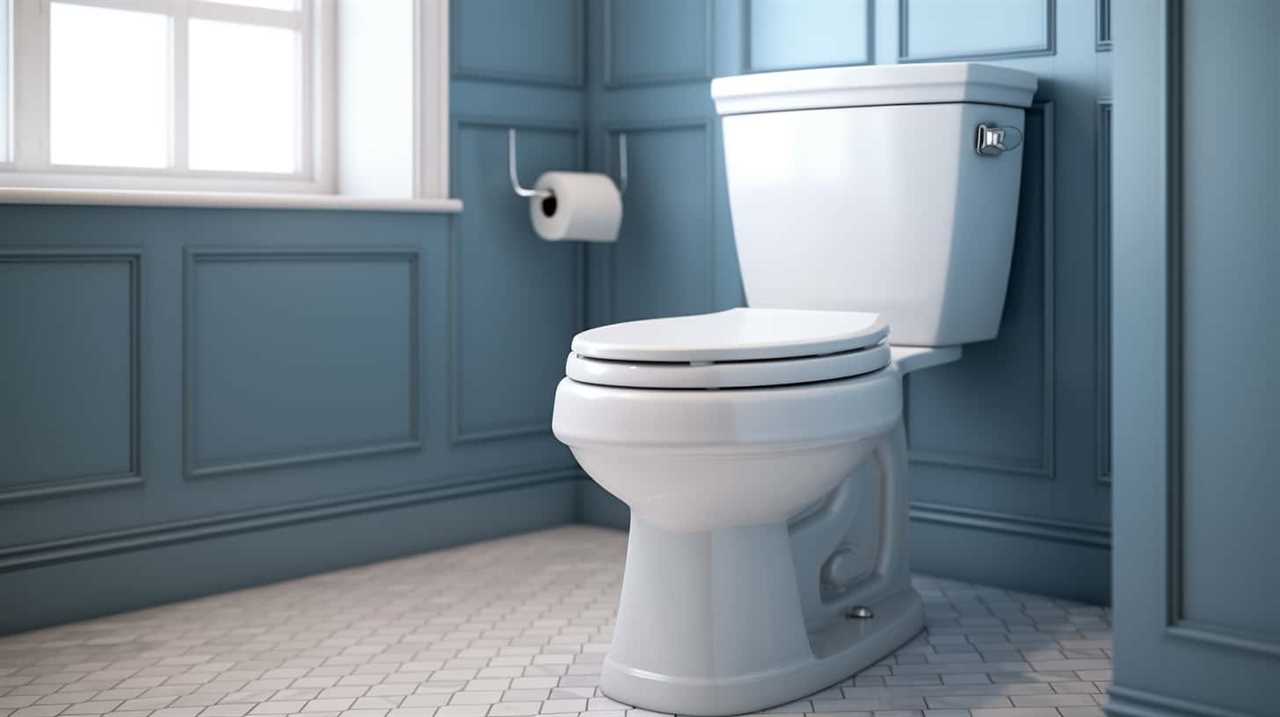
It’s best to stick to flushing only toilet paper to avoid these problems altogether.
